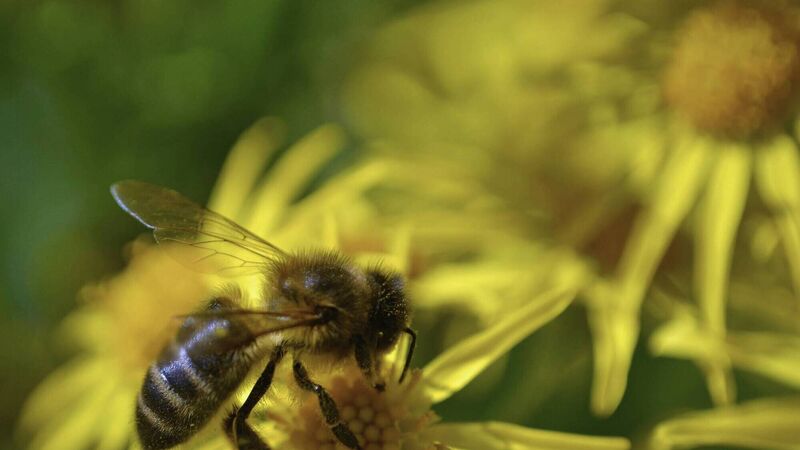"Float like a butterfly": Irish beekeepers face threat from foreign imports and the EU single market

Beekeepers across the country continue to produce quality honey but are worried about the future of their sector.
“Float like a butterfly, sting like a bee” was how Muhammad Ali once described his elegant style in the boxing ring.
The phrase has since become a broader metaphor for a philosophy of being flexible and flowing in life but delivering decisive action when the moment is right.











